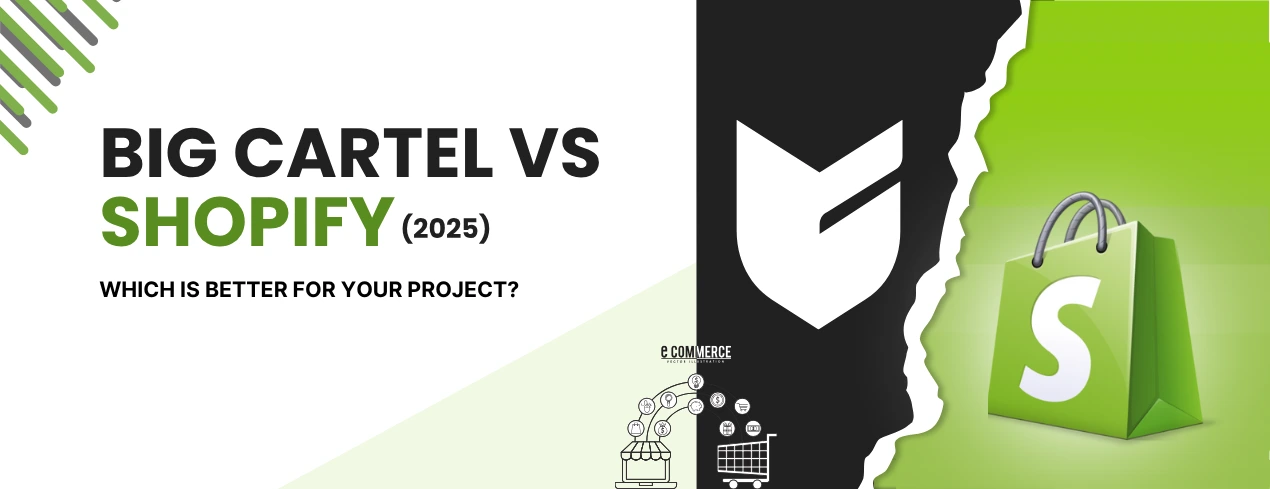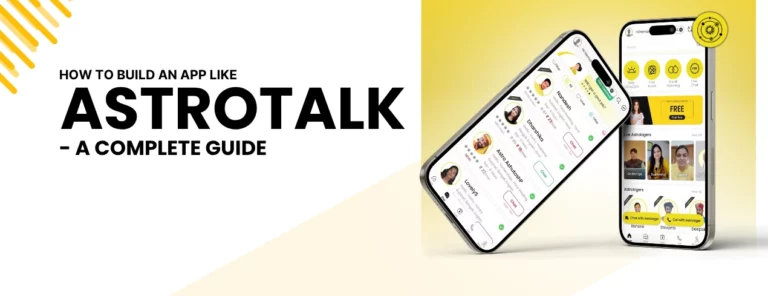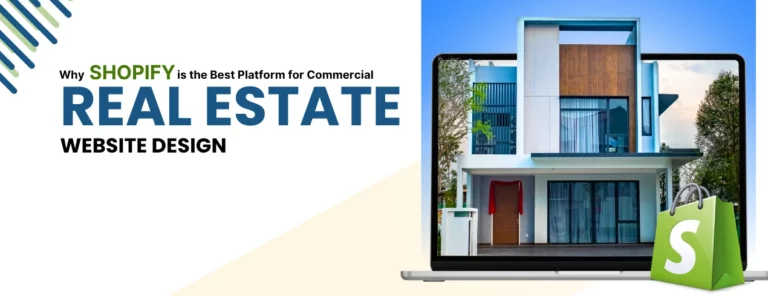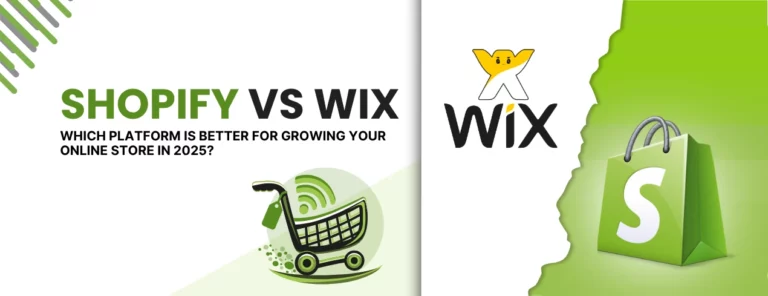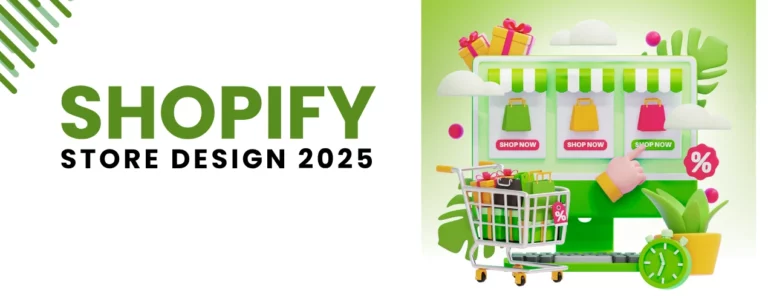As we move into 2025, the decision between Big Cartel and Shopify comes down to your business goals:
- Big Cartel is a simple, affordable platform tailored for artists and makers selling a few products.
- Shopify is a comprehensive, scalable e-commerce solution for serious merchants building brands and scaling up.
Choosing the right e-commerce platform can make or break your online business. In 2025, two names often come up in the debate: Big Cartel and Shopify. Whether you’re an artist selling handmade goods or a growing brand aiming for global reach, this decision shapes your store’s functionality, scalability, and success.
As an SEO strategist at Dqot Solutions, I’ve seen businesses thrive by picking the right platform and struggle when they don’t. In this guide, we’ll dive deep into Big Cartel vs Shopify, comparing pricing, features, user experiences, and more to help you decide. Let’s explore why one might be the better fit for your e-commerce journey. #Ecommerce2025
Table of Contents
What Is The Big Cartel CMS Platform for E-commerce?
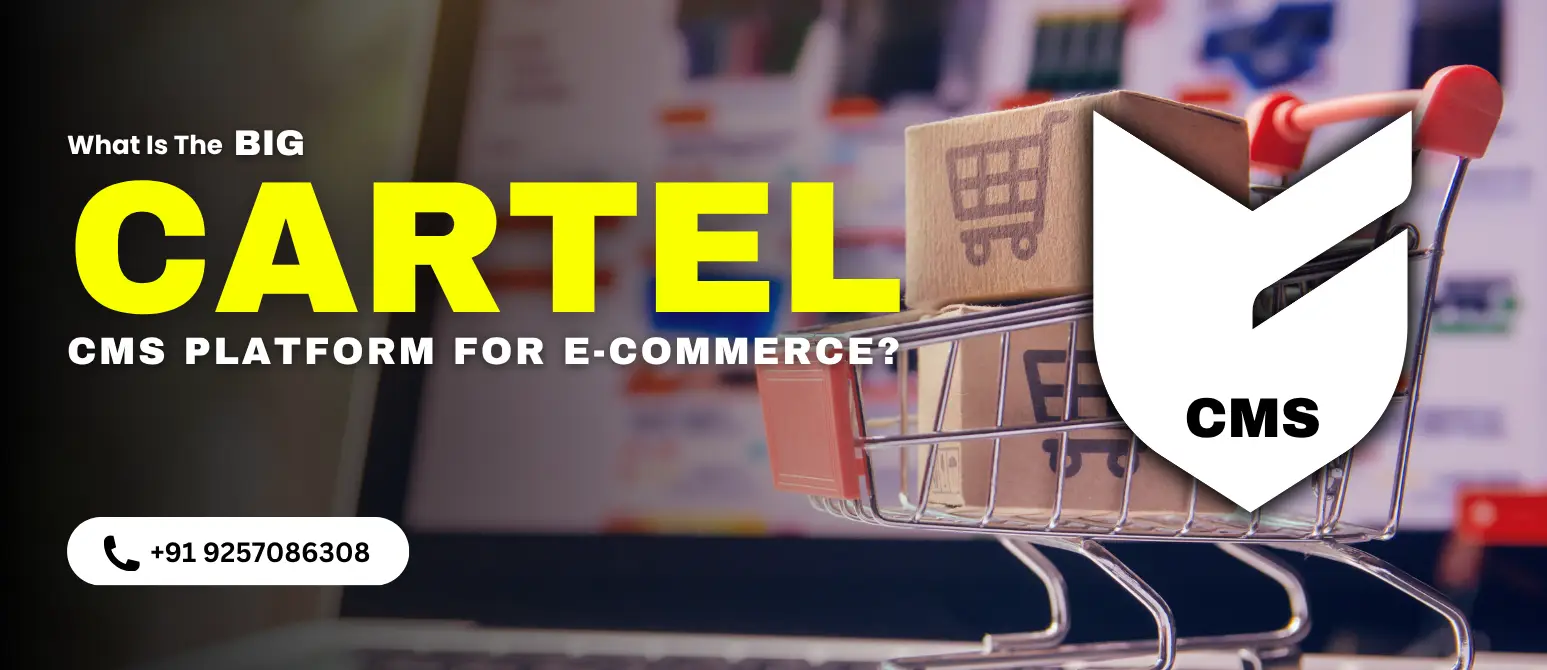
Founded in 2005, Big Cartel was designed for artists and indie sellers. With over 70,000 live stores, it’s favored for its minimal learning curve and forever-free tier.
Key strengths:
- Free plan for up to 5 products; paid plans let you list 50-500 items
- Intuitive interface, ideal for non-tech users
- Built with artists in mind: simple themes and seller-friendly setup
Limitations:
- Limited product count and customization.
- Fewer apps and marketing tools.
- No integrated payment gateway; support through email only
What Is Shopify and Why It’s Widely Used in E-commerce Businesses?
Shopify was launched in 2006 and now powers over 4.9 million stores-helping merchants generate more than $1 trillion in sales.
Key strengths:
- Scalable plans ($39/month basic, up to Enterprise-level Shopify Plus).
- Huge app ecosystem (16,000+ apps, including marketing, SEO, dropship, and POS).
- Robust support: 24/7 live chat, phone, email, plus communities.
- Features like blogging, multi‑currency, analytics, subscription engines, and full SEO controls
Drawbacks:
- Higher monthly cost.
- Transaction fees are required unless using Shopify Payments.
- Slightly steeper learning curve
Understanding Big Cartel and Shopify: Who Are They For?
Big Cartel and Shopify cater to different audiences, and understanding their core focus is key to making an informed choice. Big Cartel, founded in 2005, is designed for artists, makers, and small-scale creators. Its minimalist approach makes it ideal for those with limited products who want a simple, budget-friendly store. Shopify, also launched in 2005, is a powerhouse built for businesses of all sizes, from startups to enterprises, offering robust tools for scalability and customization.
For artists or hobbyists selling a handful of items, Big Cartel’s simplicity is appealing. Think of it as a cozy boutique for creatives. Shopify, on the other hand, is like a bustling mall, perfect for businesses with big ambitions. Let’s break down the specifics to see which aligns with your goals.
Side-by-Side Comparison Between Shopify and Big Cartel
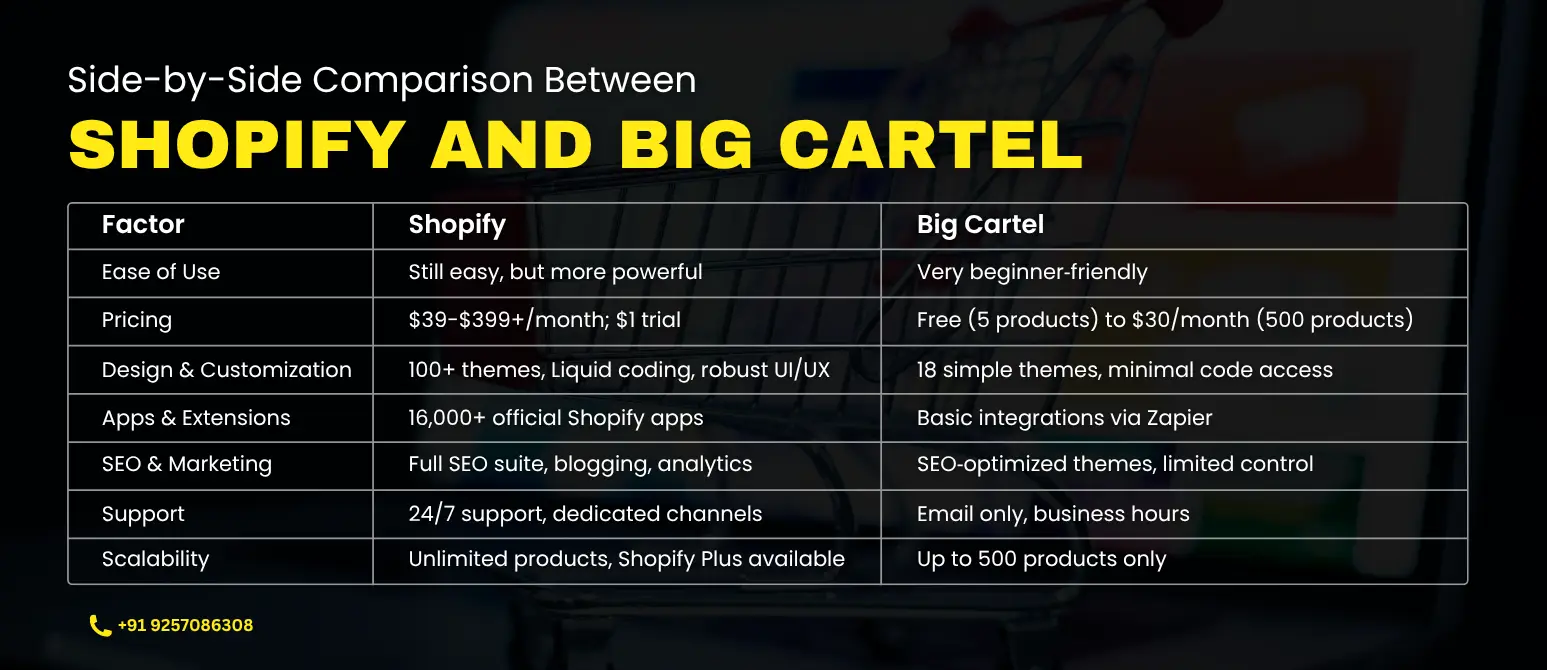
Voices from the Community About Both Platforms
- Big Cartel got me online fast, but I hit limits within months- Reddit seller
- Shopify is powerful, but you’ve got to be ready for the learning curve- User review on Capterra
Pricing: Big Cartel’s Affordability vs Shopify’s Scalability
Cost is often the first consideration for small business owners. Big Cartel offers a free plan (Gold) that lets you sell up to five products with basic features, making it a go-to for beginners on a tight budget. Its paid plans, Platinum ($15/month) and Diamond ($30/month), support up to 50 and 500 products, respectively, with no transaction fees beyond those charged by payment processors like PayPal or Stripe. Annual payments reduce these costs to $12 and $24 per month, a significant saving for cost-conscious sellers.
Shopify’s pricing starts higher, with its Basic plan at $29/month, scaling to Advanced Shopify at $299/month. Shopify Lite ($9/month) is an option for adding e-commerce to existing sites, but it’s less comprehensive. Shopify’s plans include unlimited products, advanced analytics, and features like abandoned cart recovery, but third-party payment gateways incur transaction fees (up to 2.9% + 30 cents) unless you use Shopify Payments. A 3-day free trial and $1/month for the first three months make it accessible to test.
For artists with minimal inventory, Big Cartel’s free plan is a steal. But Shopify’s pricing reflects its scalability, offering more value for businesses planning to grow. If you’re serious about expansion, investing in a platform like Shopify, supported by experts like Dqot Solutions Shopify Website Development Company, ensures long-term success.
Features: Simplicity vs Versatility
Big Cartel shines in its straightforward setup. With 17 free themes, it’s easy to create a visually appealing store, especially for creatives like photographers or jewelers. However, customization is limited unless you’re comfortable editing HTML, CSS, or JavaScript. Features like inventory tracking and discount codes are available, but advanced tools like abandoned cart recovery or detailed analytics are absent. Big Cartel supports only PayPal and Stripe for payments, and digital product sales require third-party apps like Pulley.
Shopify, by contrast, is a feature-rich juggernaut. It offers over 100 payment gateways, including Shopify Payments, which eliminates extra transaction fees. With 13 free themes and over 200 premium ones ($100-$500), Shopify provides greater design flexibility, enhanced by a drag-and-drop editor and advanced coding options. Its app store, boasting over 1,500 integrations, covers everything from email marketing (Shopify Email, free up to 10,000 emails/month) to dropshipping with apps like Oberlo. Shopify’s built-in SEO tools, analytics, and multichannel selling (e.g., Instagram, Amazon) make it a powerhouse for growth.
For a clothing brand looking to scale, Shopify’s robust features, supported by Dqot Shopify Theme Development Company, offer unmatched flexibility. Big Cartel suits those prioritizing simplicity over functionality.
Ease of Use: Beginner-Friendly or Feature-Heavy?
Both platforms are user-friendly, but their approaches differ. Big Cartel’s intuitive dashboard guides beginners through setup with minimal steps. Adding products, choosing themes, and configuring payments is straightforward, making it ideal for those with little technical know-how. However, advanced customization requires coding skills, which can frustrate non-developers.
Shopify’s interface is equally approachable but packed with more options, which can feel overwhelming at first. Its step-by-step setup, extensive help center, and tutorials make it accessible, while advanced features cater to experienced users. For businesses needing a polished, professional store without coding, Dqot Shopify UI UX Design Company can streamline the process, ensuring a seamless user experience.
Big Cartel wins for quick, no-fuss setups, but Shopify’s depth makes it better for long-term growth.
Scalability: Growing Your Business
Scalability is where Shopify pulls ahead. Big Cartel’s product limits (500 max on the Diamond plan) and lack of advanced features make it less viable for businesses aiming to expand. If you outgrow Big Cartel, migrating to Shopify is common, and services like Dqot Shopify Migration Company can make the transition smooth.
Shopify supports unlimited products, staff accounts, and integrations, making it ideal for businesses scaling from small shops to global enterprises. Features like Shopify Plus cater to high-volume sellers, and partnerships with platforms
Big Cartel vs Shopify for Artists and Clothing Brands
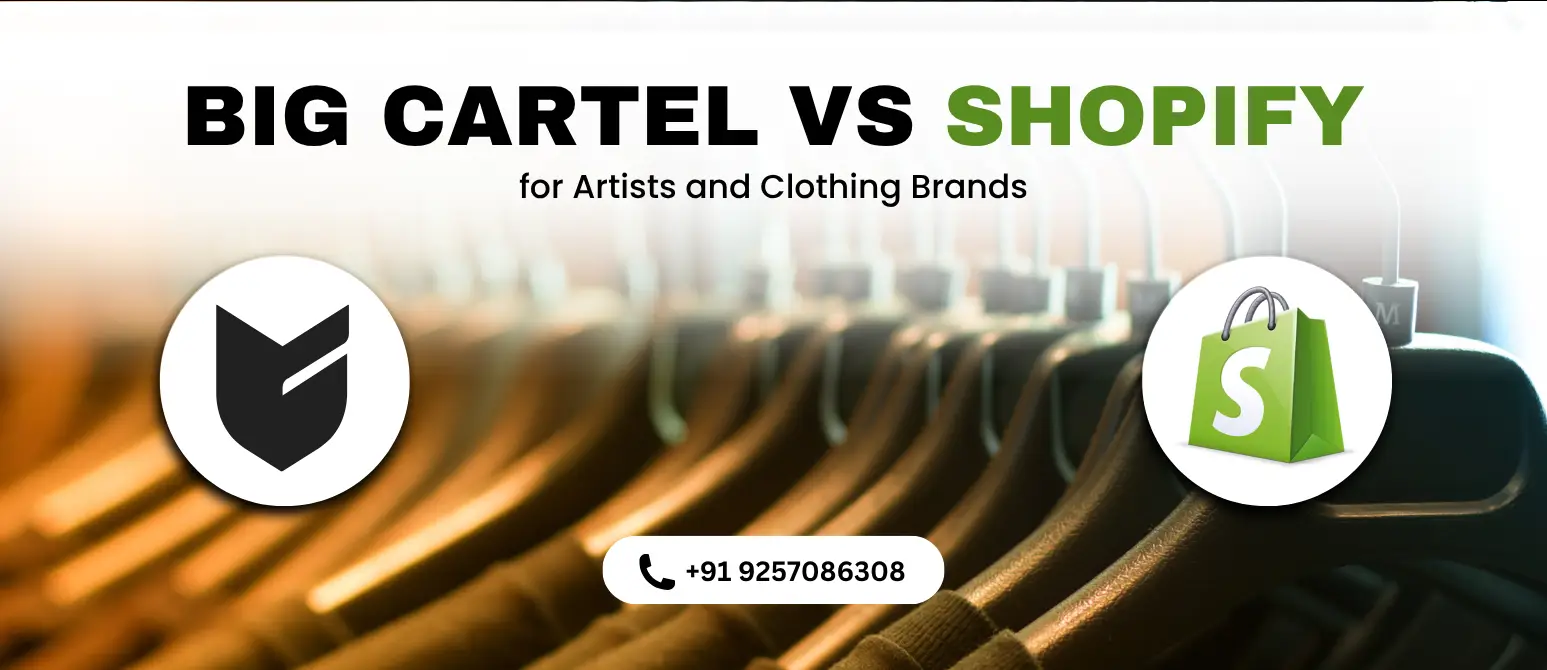
For artists, Big Cartel’s free plan and artistic themes make it a strong contender. Its focus on simplicity suits those selling limited-edition prints or handmade goods. However, its lack of advanced features can hinder growth. Shopify, while pricier, supports artists with scalable tools and integrations, ideal for clothing brands needing robust inventory management and marketing. Shopify’s dropshipping capabilities, supported by Dqot Shopify App Development Company, make it perfect for clothing businesses scaling through print-on-demand.
Shopify vs Big Cartel vs Etsy and Wix
How does Big Cartel vs Shopify stack up against Etsy and Wix? Etsy is great for creatives seeking a built-in audience, but charges listing fees and takes a 6.5% commission per sale. Wix offers over 1,700 templates and lower pricing ($27/month), but its e-commerce features are less robust than Shopify’s. For artists, Big Cartel’s no-commission model is appealing, but Shopify’s versatility makes it the best all-around choice, especially with Dqot Shopify Plugin Development Company for custom solutions.
Migrating from Big Cartel to Shopify
If Big Cartel’s limitations hold you back, migrating to Shopify is straightforward with tools like LitExtension. This ensures a seamless transfer of your products, customers, and related data. Dqot Shopify Migration Company specializes in hassle-free transitions, helping you scale without losing your brand’s identity.
Why Choose Shopify with Dqot Solutions?
For businesses aiming to grow in 2025, Shopify is the smarter investment. Its scalability, extensive app ecosystem, and robust features make it ideal for serious sellers. At Dqot Solutions, we’re Shopify experts, offering services like Shopify App Design and Shopify Website Development to build a store that drives conversions. Ready to take your e-commerce game to the next level? Contact Dqot Solutions today for a tailored Shopify solution. #ShopifyExperts #DqotSolutions
Author and Co-Author Insights
Anirudh Singh Rajpurohit, SEO Strategist at Dqot Solutions:
Big Cartel is fantastic for artists starting small, but Shopify’s scalability and tools make it the go-to for businesses with big dreams. Our team at Dqot Solutions helps clients unlock Shopify’s full potential.
Priya Sharma, Shopify Developer at Dqot Solutions:
Shopify’s app ecosystem and customization options are unmatched. For clothing brands or growing stores, our Shopify UI UX Design services ensure a seamless, branded experience.”
Maria Molland, Ecommerce Growth Consultant & Ex-Shopify Partner Mentor
In 2025, your ecommerce platform isn’t merely your storefront- it’s your supply chain, your sales funnel, your CRM, your growth engine. Big Cartel can start the fire. But Shopify fuels the blaze.
Conclusion: Big Cartel vs Shopify- Your 2025 Choice
In the Big Cartel vs Shopify debate, your choice depends on your business goals. Big Cartel’s affordability and simplicity make it perfect for artists or small shops with limited products. Shopify, however, is the clear winner for scalability, offering unmatched features, integrations, and support for businesses aiming to grow.
With Dqot Solutions, you can maximize Shopify’s potential through services like Shopify App Development and Shopify Third Party API Integration. Ready to build your dream store? Contact Dqot Solutions today and let’s make your e-commerce vision a reality. #Ecommerce2025 #Shopify #DqotSolutions #Bigcartel
FAQs About Big Cartel vs Shopify in 2025
Big Cartel’s free plan and artistic themes are great for artists with small inventories. However, Shopify offers more tools for scaling, making it better for artists with growth ambitions.
Yes, tools like LitExtension simplify migration, and Dqot Shopify Migration Company ensures a smooth transition with no data loss.
Etsy has a built-in audience but charges commissions. Big Cartel offers a free plan with no commissions, while Shopify provides advanced features for scaling.
Shopify’s unlimited products, dropshipping apps, and marketing tools make it ideal for clothing brands. Dqot’s Shopify Theme Development can create a stunning, functional store.
Shopify leads the pack for its scalability and features, making it the top choice for most businesses. Big Cartel suits small-scale creatives.


